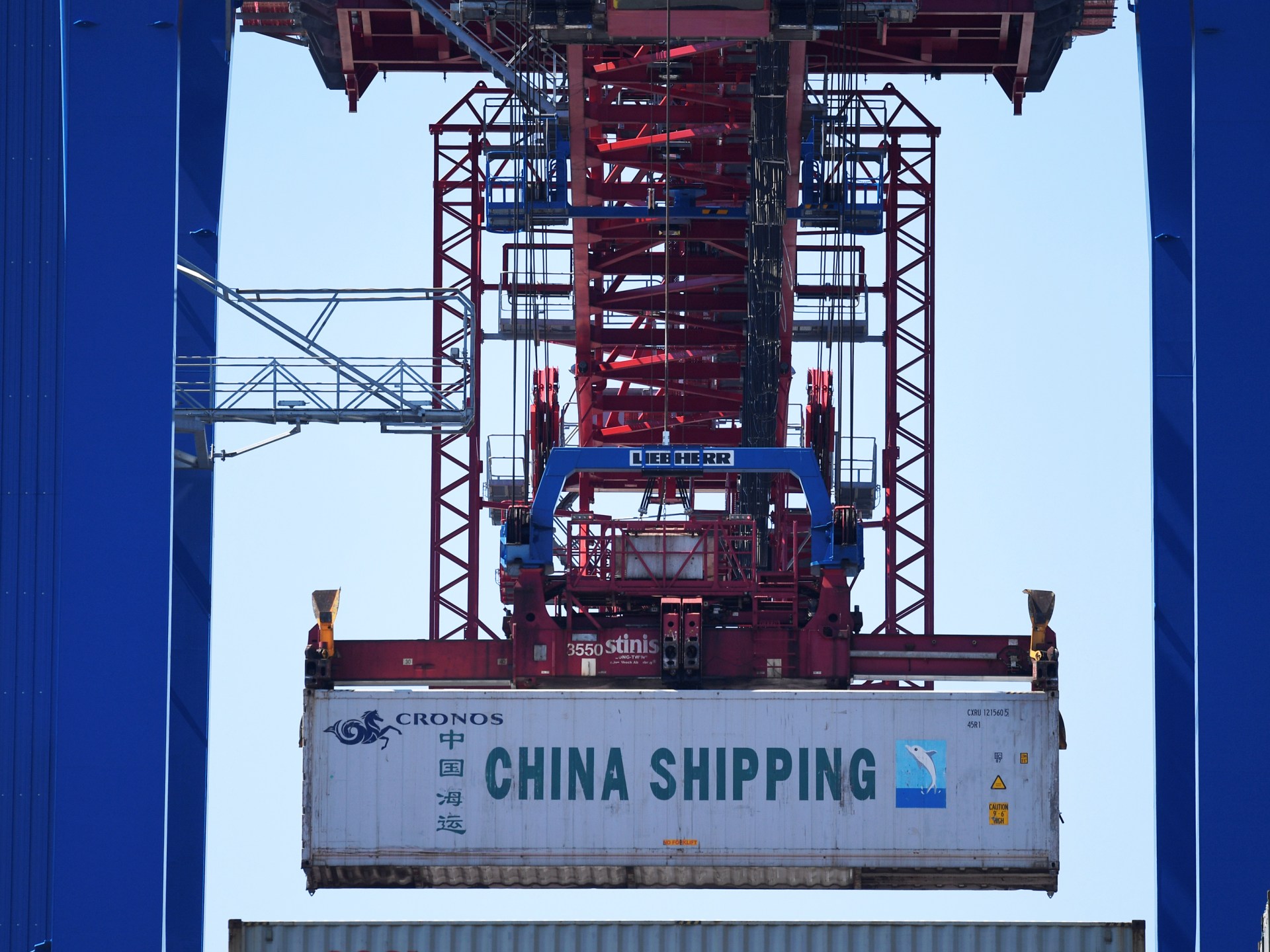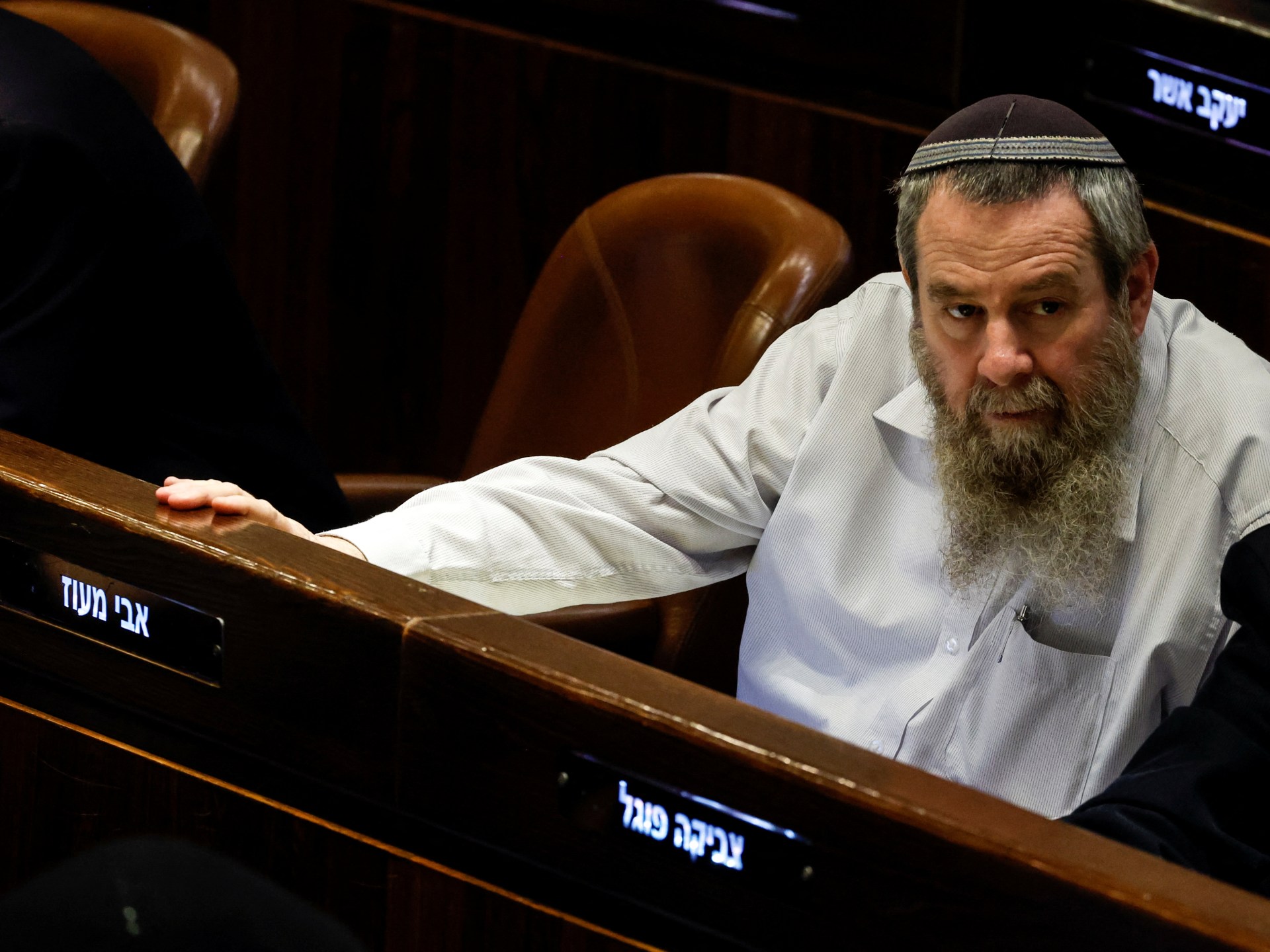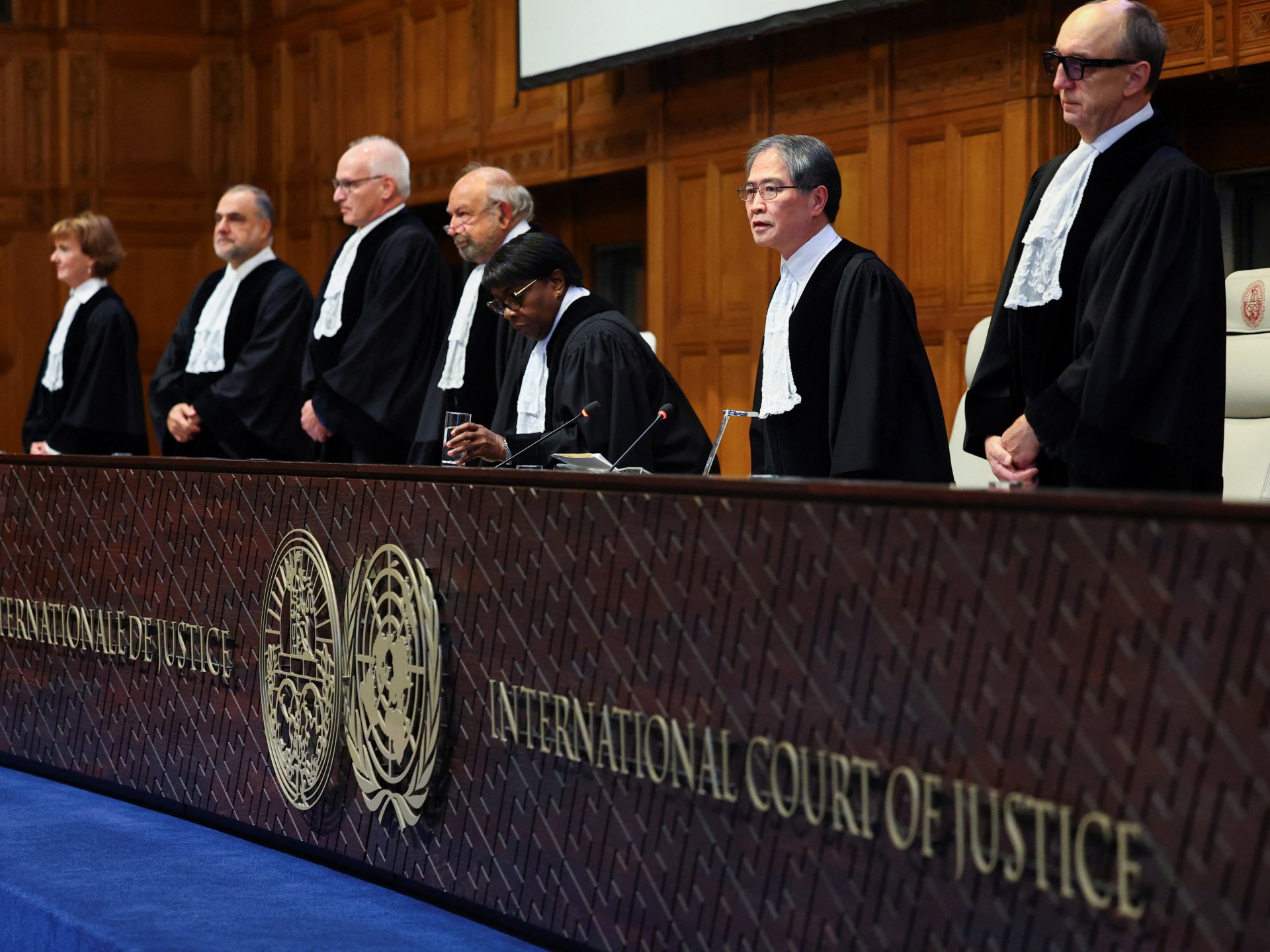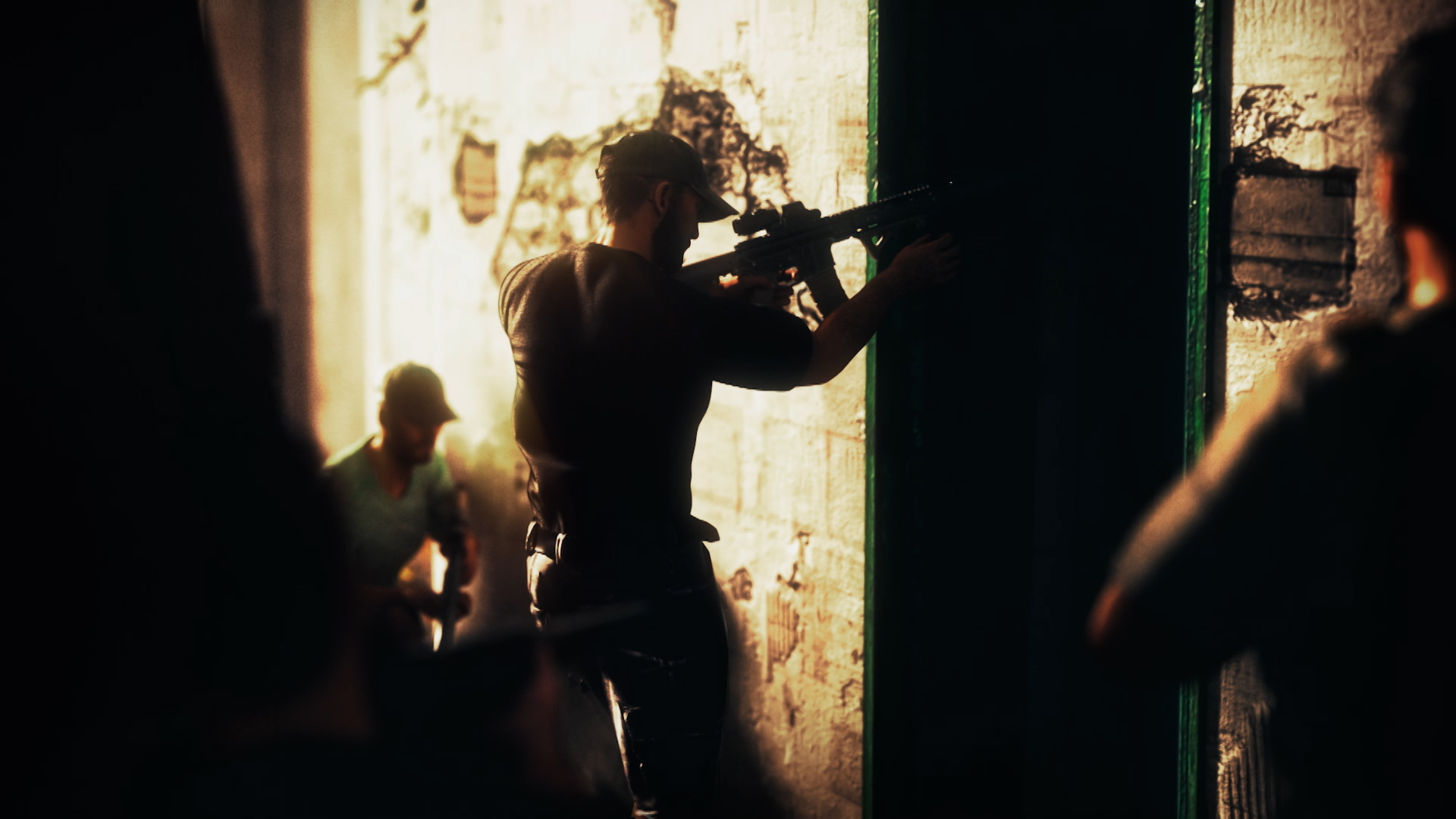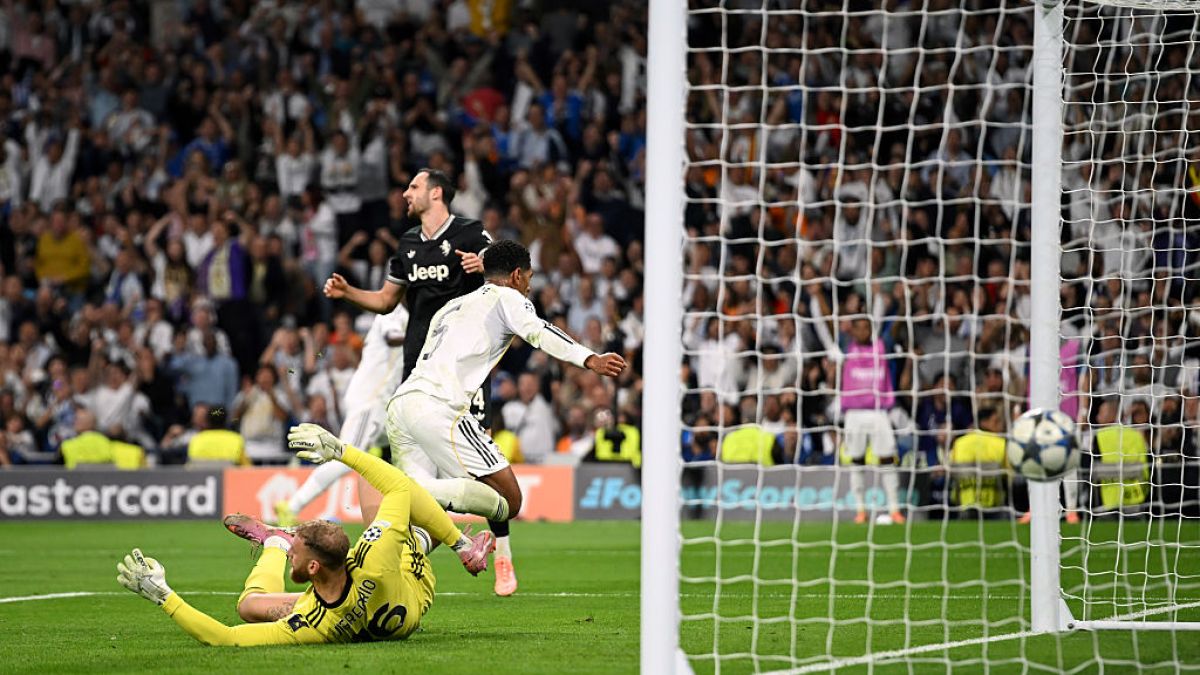The United Nations court, the International Court of Justice (ICJ), has said Israel has an obligation to ensure the “basic needs” of the population in Gaza are met.
The panel of 11 judges said on Wednesday that Israel is forced to support the relief efforts provided by the United Nations in the bombarded Gaza Strip and its entities.
Recommended Stories
list of 3 itemsend of list
It includes UNRWA, the United Nations Relief and Works Agency for Palestine Refugees in the Near East, which Israel has banned from operating in Israel after accusing some of its staff of taking part in the October 7, 2023, Hamas-led attack.
As part of its findings, the ICJ said Israel has failed to show evidence that UNRWA also worked for Hamas as it claimed.
“The court finds that Israel has not substantiated its allegations that a significant part of UNRWA’s employees are ‘ members of Hamas … or other terrorist factions'”, said ICJ President Yuji Iwasawa.
Advisory opinions of the ICJ, also known as the world court, carry legal and political weight, but they are not binding, and the court has no enforcement power.
In April, lawyers for the United Nations and Palestinian representatives at the ICJ accused Israel of breaking international law by refusing to let aid into Gaza between March and May.
Since then, some humanitarian aid has been allowed in, but UN officials say the relief is nowhere near what is needed to ease a humanitarian disaster and an Israeli-induced famine in parts of the enclave.
The 20-point ceasefire plan mediated by the US earlier this month allows for 600 trucks of aid a day into Gaza. Israel has previously accused Hamas – without providing evidence – of stealing food delivered into the enclave, which the group strongly denies.
Israel has claimed the aid restriction, still in place despite provisions in the ceasefire stipulating that aid must enter Gaza at scale, was to put pressure on the group.
Israel’s ambassador to the UN, Danny Danon, slammed the ICJ’s advisory opinion as “shameful”, claiming UN institutions are “breeding grounds for terrorists”.
Israel did not take part in the proceedings, but it did submit its legal position in writing. In April, Israeli Foreign Minister Gideon Saar dismissed the hearings as a “circus” and said the court was being politicised.
Iwasawa said the court “rejects the argument that the request abuses and weaponises the international judicial process”.
Advisory ‘ very important ‘
On the eve of the ICJ ruling, Abeer Etefa, Middle East spokesperson for the UN’s World Food Programme (WFP), said 530 of the organisation’s trucks had crossed into Gaza since the ceasefire.
Those trucks had delivered more than 6, 700 tonnes of food, which she said was “enough for close to half a million people for two weeks”.
Etefa said about 750 tonnes a day were now coming through, which, although more than before the ceasefire, remains well below WFP’s target of about 2, 000 tonnes daily.
The ICJ said that Israel, as an occupying power, was under an obligation “to ensure the basic needs of the local population, including the supplies essential for their survival”.
At the same time, Israel was “also under a negative obligation not to impede the provision of these supplies”, the court said.
The court also recalled the obligation under international law not to use starvation as a method of warfare.
Al Jazeera’s Step Vaessen, reporting from The Hague, said the advisory opinion is still seen as “very important” because the ICJ is the primary legal body of the UN.
“Even if Israel ignores it, as it’s done time and time again, all the UN countries are obliged to follow up on this court’s advice”, Vaessen said. “Even if Israel is ignoring it now, it will hang over the head of Israel from this moment on”.
The UN General Assembly had asked the ICJ to clarify Israel’s obligations, as an occupying power, towards the UN and other bodies, “including to ensure and facilitate the unhindered provision of urgently needed supplies essential to the survival” of Palestinians.
ICJ judges heard a week of evidence in April from dozens of nations and organisations, much of which revolved around the status of UNRWA.
The ICJ at the time noted that UNRWA “cannot be replaced on short notice without a proper transition plan”.
Palestinian official Ammar Hijazi told the ICJ judges during the April hearings that Israel was blocking aid as a “weapon of war” and triggering starvation in Gaza.
Wednesday’s case was separate from the others Israel faces under international law over its assault in Gaza.
In July 2024, the ICJ issued another advisory opinion stating that Israel’s occupation of the Palestinian territory was “unlawful” and must end as soon as possible.
